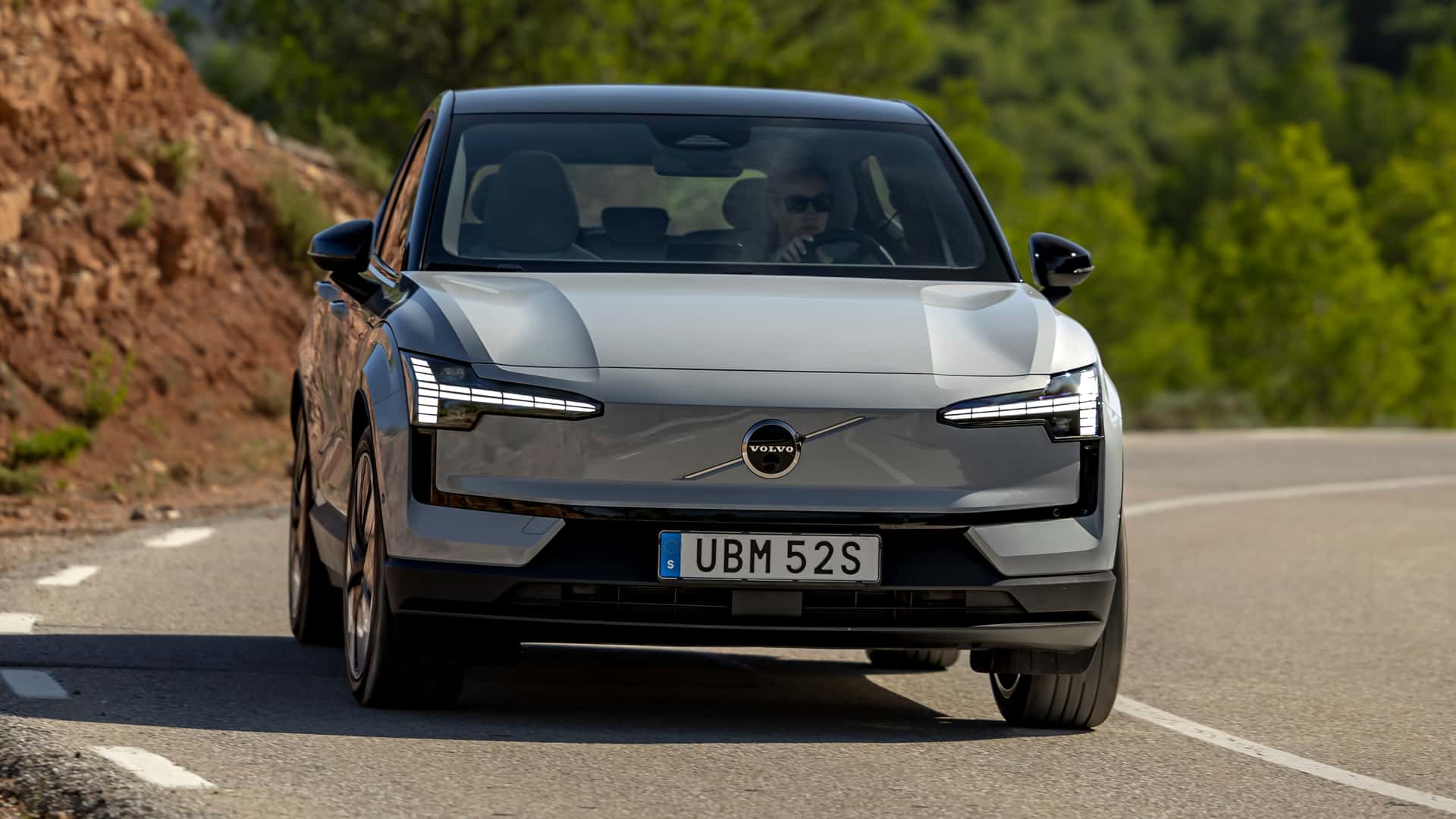Data from thousands of EVs shows the average daily driving distance is a small percentage of the EPA range of most EVs.
For years, range anxiety has been a major barrier to wider EV adoption in the U.S. It’s a common fear: imagine being in the middle of nowhere, with 5% juice remaining in your battery, and nowhere to charge. A nightmare nobody ever wants to experience, right? But a new study proves that in the real world, that’s a highly improbable scenario.
After analyzing information from 18,000 EVs across all 50 U.S. states, battery health and data start-up Recurrent found something we sort of knew but took for granted. The average distance Americans cover daily constitutes only a small percentage of what EVs are capable of covering thanks to modern-day battery and powertrain systems.
The study revealed that depending on the state, the average daily driving distance for EVs was between 20 and 45 miles, consuming only 8 to 16% of a battery’s EPA-rated range. Most EVs on sale today in the U.S. offer around 250 miles of range, and many models are capable of covering over 300 miles.



Lmayo converting 100 M cars is not realistic either
There exists a Hybrid in every vehicle segment, and its technology available to Toyota, Honda, Hyundai, Ford, GM, Stellanis, BMW and more.
The only reason we’re not converting to Hybrids is because online idiots have decided to kill the idea and never give them a proper try. But the market is healing, people are realizing how reliable and practical they are today.
EVs should continue developing of course. But the immediate best move for our society is to immediately move to hybrids and off of traditional ICE. And the technology is in fact, available today… and at cheap prices… to allow for such a move.
What we need is EV fans to get off the backs of people buying a $23,000 Corolla Hybrid or $25,000 Ford Maverick. They need to congratulate these car drivers for making a better environmental choice and something that fit their budget. Trying to get the poor or middle class to buy $40,000+ class EVs is insane. It feels even more insane to fund that through $7500 tax credits, but even with that tax credit the Hybrids are still winning out.
The US has a deeper systemical issue of corruption regarding energy sources and pricing, I’ll agree that hybrids are the better solution when ICE fuels pay to carry their costs.
Another EV fanboy complaining about corrupt taxes and policies who likely benefits from $7500 direct handouts as well as pays $0 in gas tax aka how most states pay for Road Infrastructure.
Politics is shit. Let’s not go there. There’s black marks everywhere.
Btw. I support EV subsidies. But I admit that they are in fact, one of those subsidies you are complaining about. I feel like the subsidy regime favors EVs and therefore we EV fans should celebrate it… not bite the hand that feeds us.
We aren’t going to reach widespread adoption of electrified transit unless we have large scale subsidies like this.
What? This conjecture is nonsense